Revisiting Lucifer: How Prithviraj Sukumaran Reinvented The Quintessential Mainstream Alpha Male Hero
With L2: Empuraan set for March 27 and Lucifer returning, we revisit how Prithviraj Sukumaran revived Malayalam masala films—reinventing the alpha hero while subverting a stale formula.
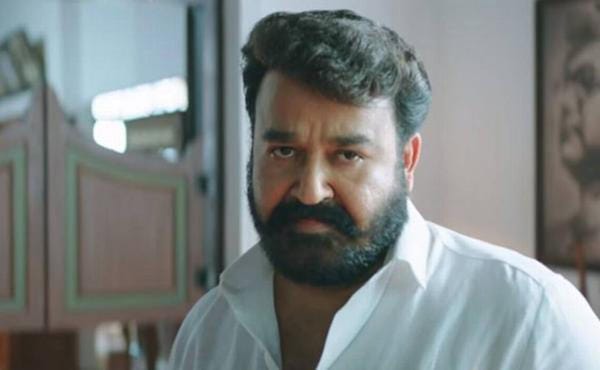
Mohanlal in a still from Lucifer.
Last Updated: 08.17 PM, Mar 13, 2025
WITH PRITHVIRAJ SUKUMARAN'S highly anticipated L2: Empuraan slated for release on March 27, and Lucifer getting a re-release, we revisited the latter, a skilful reimagining of Malayalam cinema's iconic masala films in the 90s. What made Prithviraj Sukumaran's take so successful, and how did he manage to subvert a genre that, despite once producing a string of superhits, had grown stale in Malayalam cinema as well as give a spin on the typical mainstream alpha male hero?
In a pivotal confrontational scene in Lucifer, Stephen Nedumpally (Mohanlal) and Bobby (Viveik Oberoi) are facing each other, their disagreement centred on Bobby's proposal to fund the party through smuggling lethal drugs. As Stephen turns to gaze out of the window, the camera lingers on his broad, white-shirted back. With calm conviction, he declares, as if sharing a personal creed with the audience, “Those who know me understand this very well about me. I have always said that Narcotics is a dirty business.” It’s a terrific, reimagining of the iconic line, from Mohanlal's 80s gangster drama, Irupatham Noottandu. This moment marks the first of many tributes paid by director Prithviraj Sukumaran to Mohanlal's stardom and the cinematic legacy of Shaji Kailas and Ranjith.
Prithviraj Sukumaran’s debut directorial Lucifer, penned by Murali Gopy has a quintessential larger-than-life mass hero template. At its core lies an enigmatic hero with a mystical aura, poised to unleash his inner superhero. There is a savvy antagonist, a thriving drug cartel empire, and a multitude of lives hanging in the balance, desperate for salvation, thereby setting the stage for the hero’s invisible rise.
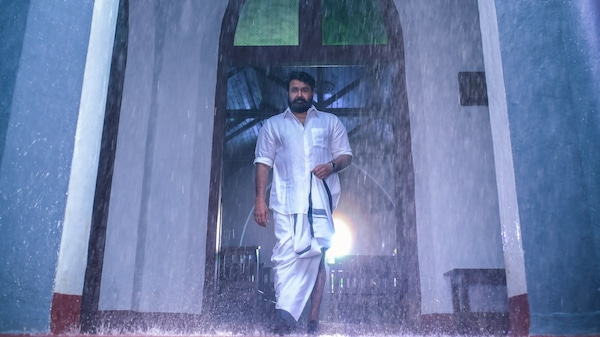
In retrospect, Stephen Nedumpally embodies the quintessential mass hero, meticulously crafted to delight fanboys. He's the epitome of a dark horse – a brooding loner with a tragic backstory, generous to a fault, and deeply connected to the people. He can be a kind messiah and as effortlessly take down a dozen men in a fight. And there is a chorus of loyal cronies singing his praises, both openly and in hushed tones, cementing his legendary status. In fact, Stephen’s character has shades of Rajamanikyam’s Bellari Raja (half-brother as saviour), and Baasha’s Maanik Basha (a don in exile).
However, it's Prithviraj's subtle subversion of Stephen's formulaic character that elevates Lucifer. Unlike the over-the-top introduction of Induchoodan (Mohanlal) in Narasimham, where he emerges from the water like a sea mammal, declaring his intentions to annihilate his nemesis, Lucifer takes a more nuanced approach, adding more gravitas to Stephen's character. The contrast is evident in the shot of Stephen calmly walking towards the funeral with his entourage, conveying his maturity and depth with understated elegance. Ironically the writer cleverly subverts the same Narasimham scene to illustrate the distinction between a 'politician' and a 'political leader', thereby turning a memorable moment on its head.
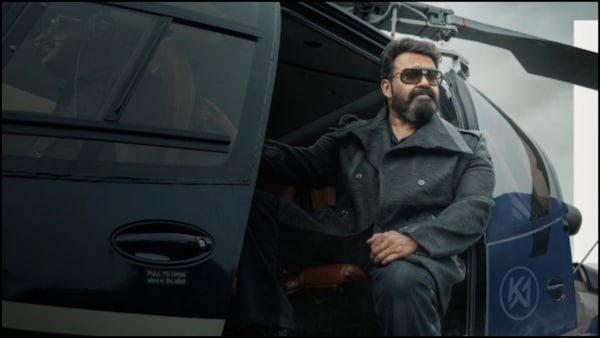
It is also remarkable that Prithviraj devotes barely an hour of screentime to Mohanlal's character in a narrative spanning under three hours and yet conveys the undeniable aura of Stephen Nedumpally, making a lasting impact from his first appearance to the final scene.
Unlike the alpha male heroes of the past, who often relied on machismo, witty one-liners, lengthy monologues, and chauvinistic tendencies, Stephen Nedumpally is remarkably understated. So much so that even in moments where grandeur is expected, Stephen opts for low-key intensity. Significantly, director Amal Neerad had already pioneered this subversion of the alpha male archetype with his portrayal of Bilal John Kurishingal in Big B, predating Stephen Nedumpally's character in Lucifer.
But Prithviraj's directorial style is more rooted in his affection for the iconic masala films of the 90s. It’s a vision reminiscent of the Shaji Kailas-Renji Panicker-Ranjith films that unfolded on grand canvases, sprawling settings, a multitude of characters, and inspirational speeches. And about larger-than-life heroes waging solitary battles framed within timeless good vs evil narratives.
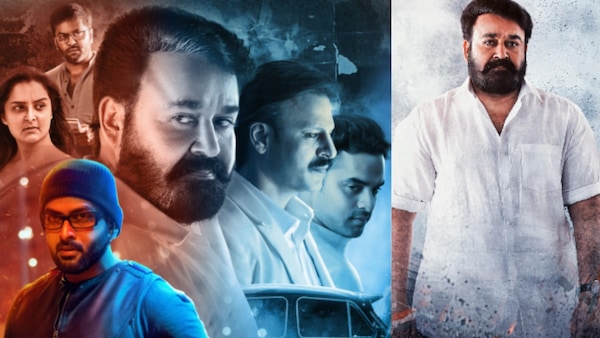
Noticeably, it's the subtle tweaks to this familiar formula that capture our attention. A prime example is when Stephen Nedumpally declares that the "battle is between a bigger evil and a lesser evil", skillfully establishing the darker nuances of his character and setting the tone for a more complex narrative. However, Lucifer stumbles in its portrayal of women, particularly the female protagonist (Manju Warrier). Initially, her character is nuanced and complex, but as the story unfolds, she devolves into a weaker, more dependent figure, ultimately relying on Stephen for rescue. However, the makers, unlike his predecessors refrain from using them as mere plot devices to showcase the hero’s masculinity. While a gratuitous item number still makes an appearance, the narrative largely resists exploitative tropes.
The film also devotes considerable attention to the antagonist's character development, skillfully avoiding one-dimensionality. Bobby, Priyadarshini Ramdas's second husband, is a suavely menacing figure. A chilling scene exemplifies his unapologetic villainy: when Priyadarshini confronts him about molesting her daughter, he remains unfazed, calmly rationalizing that, as her non-biological father, he sees no "moral issue" with his actions.
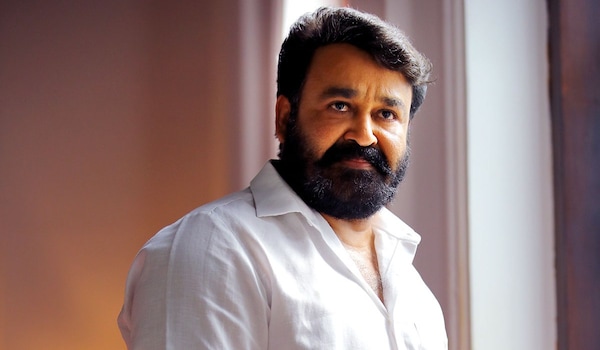
Having said that, Prithviraj defiantly embraces the familiar tropes of mainstream cinema, leveraging his star's charisma to maximum effect, blending familiarity with flair. When a cop attempts to intimidate Stephen, Prithviraj intuitively knows that a precisely calibrated 60-second confrontation, with Stephen pinning the cop against the wall, will elicit applause from the audience. Similarly, he orchestrates a showdown with a gang of thugs to showcase Stephen's formidable fighting skills. And the filmmaker unabashedly embraces his inner fanboy as he directs the camera to reverentially follow “Mohanlal”, capturing the imposing breadth of his back, the (famously) distinctive slope of his shoulder, and the impeccably groomed salt-and-pepper beard. Even the subtlest gestures – his fingers smoothing the black-rimmed folds of his mundu as he secures it at his waist – are given deliberate attention.
Although the narrative follows a predictable trajectory, with Stephen rising to protect his half-siblings and vanquish his foes, Lucifer nevertheless succeeds in delivering an entertaining ride. Over to the sequel now.
